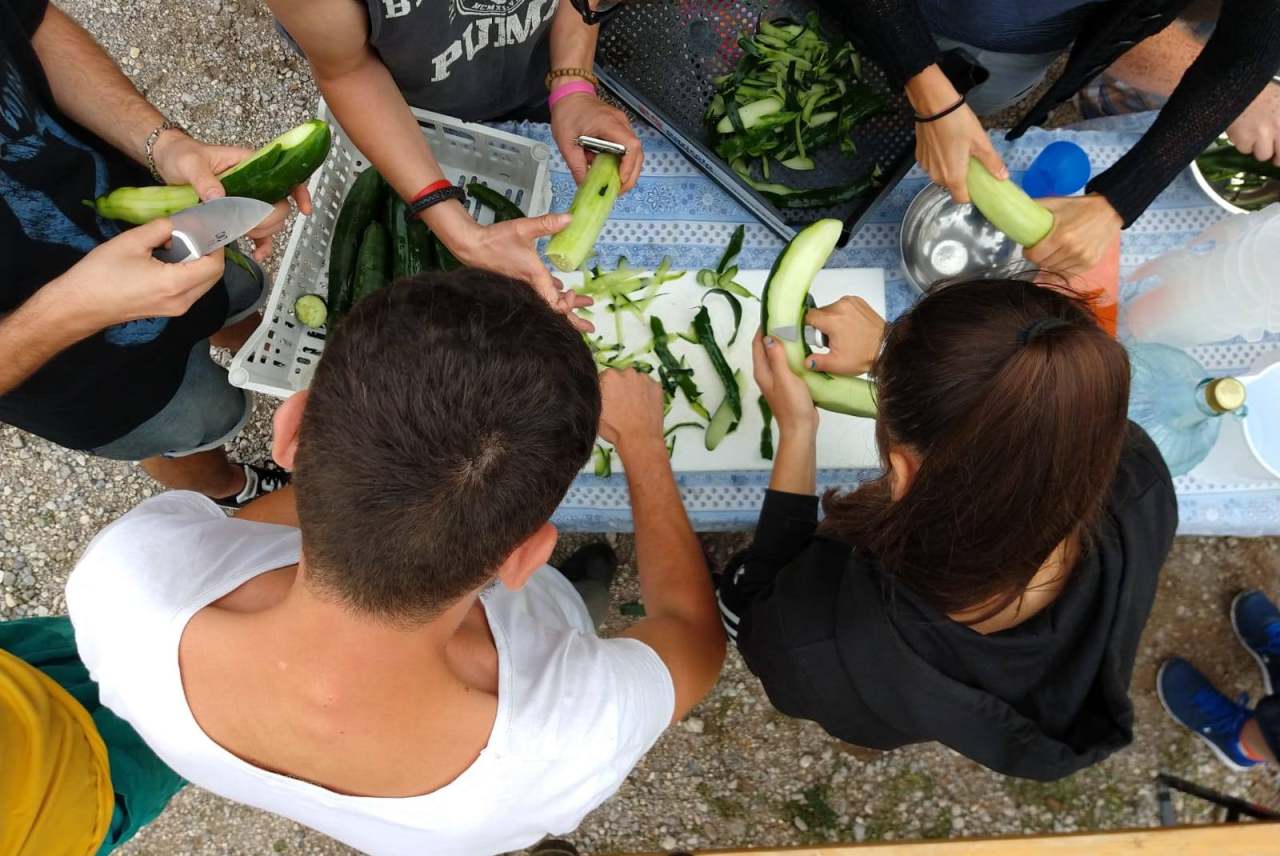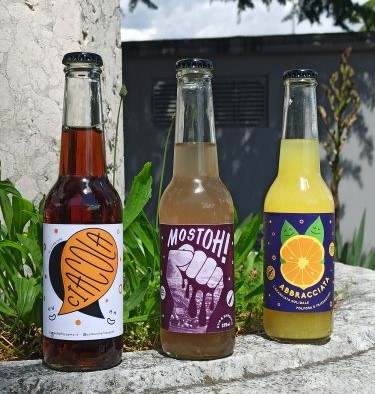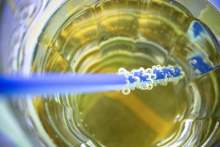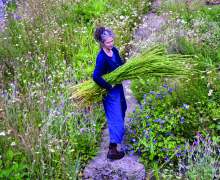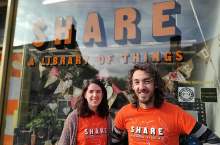What is Comunità Frizzante?
Comunità Frizzante literally means ‘sparkling community’. Our slogan is “making drinks to make community”.
We are a network of different organisations and less formal groups, who are passionate about this region – the Vallagarina valley in the Italian Alps. For three years, we have worked on inventing, handcrafting and selling fizzy drinks. In each step of the process, we focus on participation and respecting the ecology around us, from coming up with the ideas and producing the drinks to thinking about circulating them and reinvesting any money we make.
We use the drink production process to cultivate relationships, stimulate local knowledge and increase the sense of belonging to Vallagarina.
How do you work with the local community to challenge the damaging practices so often seen in the soft drinks sector?
We use the participatory production of drinks as a tool to challenge individualised ways of life and alienation from the mountains we live in.
Each bottle of fizzy drink that we hand-craft – only around 12,000 a year – carries multiple stories. We make the whole cycle a participatory adventure creating relationships, which positively contribute to the life of people and nature in our area. We have, for instance, run community brainstorming sessions to think together about what kind of taste our valleys have, but also crucially about what kind of taste we want them to have.
Are we happy with the monocultures, whose scent of pesticides hangs in the air for months? Do we appreciate the wide range of alpine herbs growing in the collectively managed meadows? We then also go on picking trips with members of the local community, mix experimental flavours and come up with the name and graphics of the drinks in public workshops.
